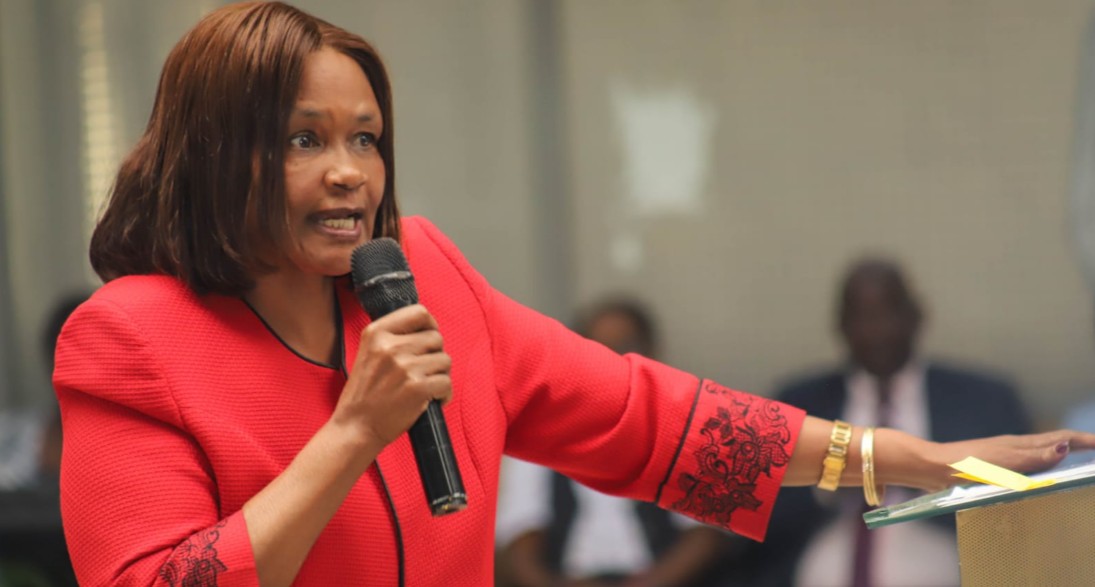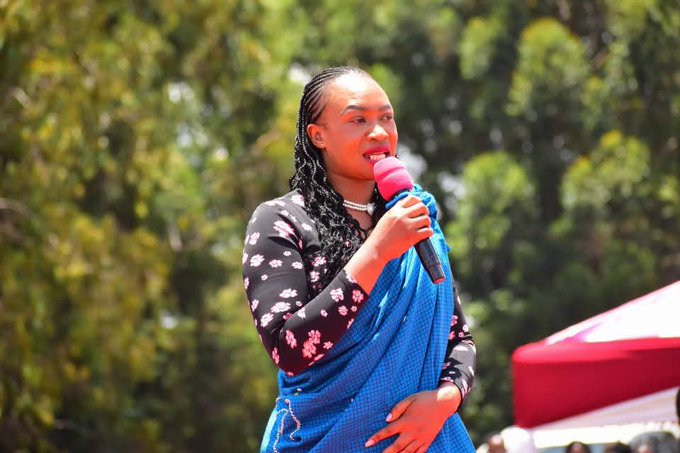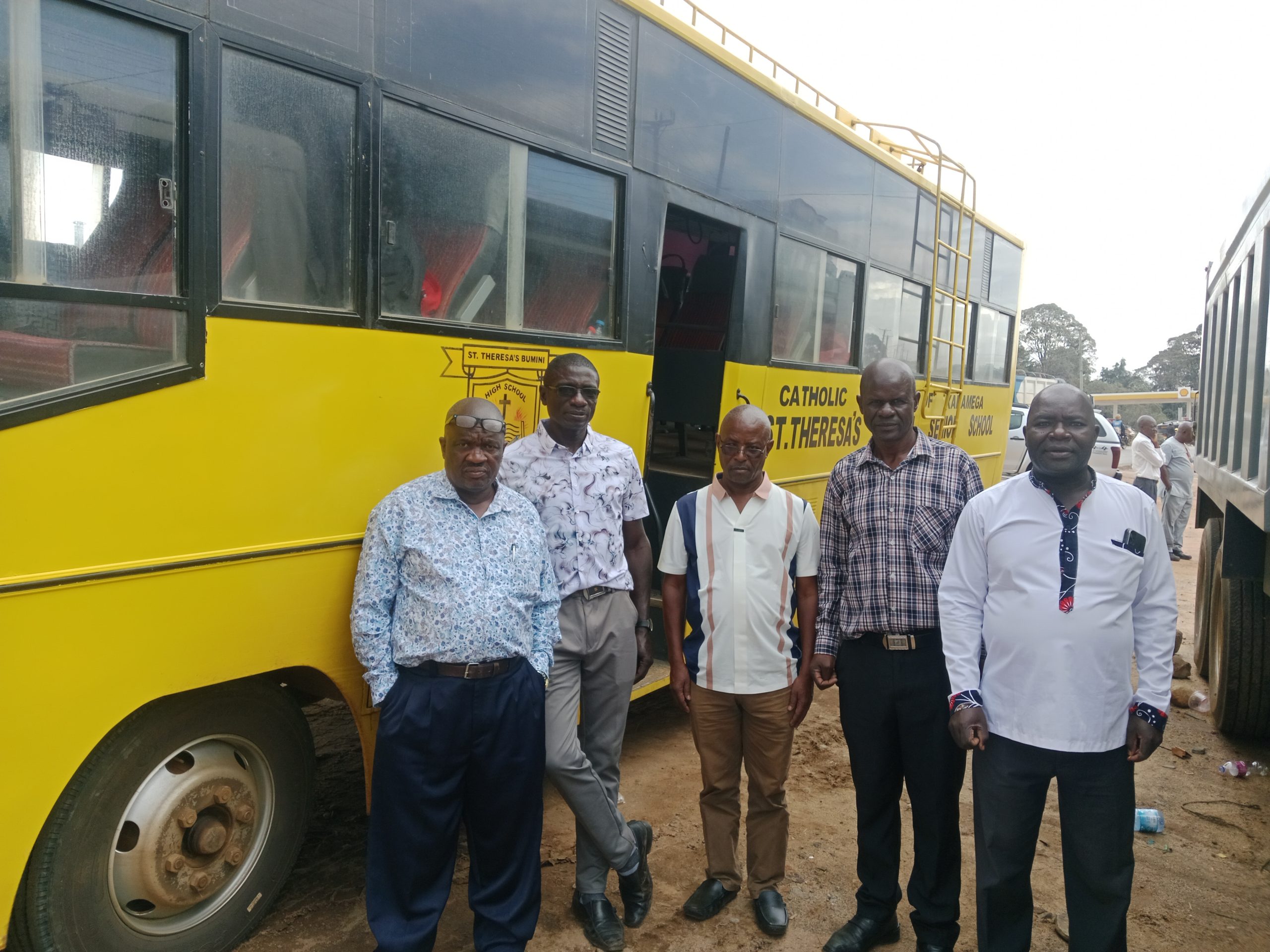Waivers of exam fees for both KCPE and KCSE that was put in place about six years ago is likely to be abolished by Parliament.
A recent report has shown that Parliament is planning to remove the current examination waiver policy.
Tabled in Parliament on October 5, 2023, the recommendations aim at a review of the waiver so that more revenue can be raised to fund the Kenya National Examination Council (KNEC) in a move to curb examination malpractices.
The National Assembly’s Departmental Committee on Education’s report on examination malpractices in 2022 Kenya Certificate of Secondary Education (KCSE) examination suggested that the Ministry of Education (MoE) should spearhead the review process and submit its findings to the House for consideration.
“Within six months of the adoption of this Report by the House, the Ministry of Education should spearhead the review of the current examinations waiver policy for all candidates, both in public and private schools, to ascertain the sustainability of this financing model in the wake of the escalating cost of examination management and administration,” reads the committee’s recommendations in part.
Since 2016, the government has been paying subsidies per subject for all KCPE and KCSE candidates in both public and private schools.
About Ksh800 is paid for those who have registered for five subjects in primary school; while in secondary school, the amount is Ksh5,000 for seven subjects, Ksh5,400 for eight and Ksh5,800 for nine subjects.
Initially, before the introduction of the waiver, the KCSE students used to pay Ksh2,200 as basic examination fees and Ksh400 per subject times the number of subjects they registered for.
If one, for instance, was doing seven subjects, then they paid a total of Ksh5,000 to KNEC before paying extra charges depending on whether the subjects have practical or project modules.
Therefore, students doing Aviation Technology could pay an additional Ksh2,500 for the purchase of materials for practicals and payment of external examiners.
The MPs observed in their report that the finances allocated to KNEC are inadequate, making effective examination management and monitoring difficult to achieve due to increase in the number of candidates.
“KNEC is underfunded, which negatively affects the effective administration of the national examinations. The underfunding is majorly as a result of the government policy on examination waiver for the national examinations for all candidates both in public and private schools which was introduced in 2015,” further reads the report.
The legislators stated that the policy shift made it impossible for KNEC to charge examination fees, which previously formed part of its internal income in form of appropriation in aid (A-I-A).
According to the MPs, the underfunding is also exacerbated by a staggered model of issuance of examination grants by the exchequer, the non-revision of the examination fees since 2013 despite the high cost of examination administration, and an increase in examination candidature due to the 100 per cent transition policy.
During public hearings, it was heard that in the past when KNEC was charging examination fee per candidate per subject, the council raised enough money for its operations.
As per the respondents, the underfunding of KNEC may therefore be a loophole that may be used to cause examination malpractice.
The MPs also recommended further that KNEC, MoE and National Treasury should undertake a comprehensive assessment of the funding needs of the council within three months after tabling of the report and submit the findings to the House.
This will guide subsequent resource allocation to the council to ensure that funding of examinations management and administration, being a national security issue, is adequately provided.
Rejoinder
But in a quick rejoinder, the chairperson of the National Parents Association (NPA) David Obuhatsa said parents will oppose any decision that will add financial burdens on parents, saying if anything, the government should increase the subsidies it pays per candidate.
“The government should just have the waiver stayed and increase the money it pays for each child. If it is the question of examination cheating, the review of the waiver will not stop it,” said Obuhatsa.
Obuhatsa told Education News that before the waiver, many students either dropped out of school or failed to register for national examinations because there was no money to pay.
Yet this matter relates to other austerity measures by the government to raise funds. The writing was on the wall when the it took a U-turn on university funding. There was respite when the new University Funding model was unveiled that would help poor children get a little access to higher education.
In that initial plan, parents deemed incapable of financing their children’s higher education were classified under ‘vulnerable’ and ‘extremely needy’ categories, purposely to have them pay as little as possible for their university education. They were exempted from any household costs as the government planned to cater for all the bills.
However, reports in the public domain indicate that the vulnerable students receive 70 per cent scholarships and 25 per cent loans, with parents being required to pay five per cent of the fees.
The extremely needy on the other hand get 60 per cent scholarships and 30 per cent loans, with parents paying 10 per cent of the cost.
By Roy Hezron
Get more stories from our website: Education News
To write to us or offer feedback, you can reach us at: editor@educationnews.co.ke
You can also follow our social media pages on Twitter: Education News KE and Facebook: Education News Newspaper for timely updates.
>>> Click here to stay up-to-date with trending regional stories





